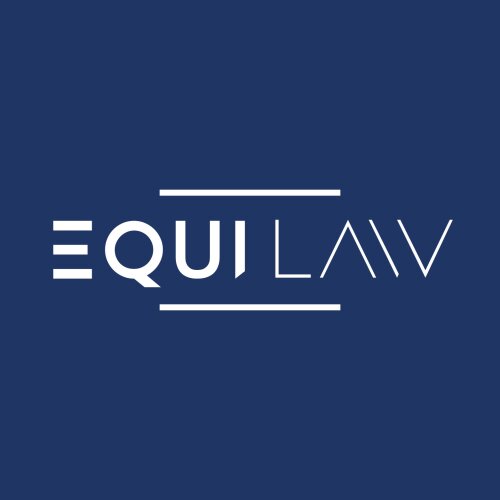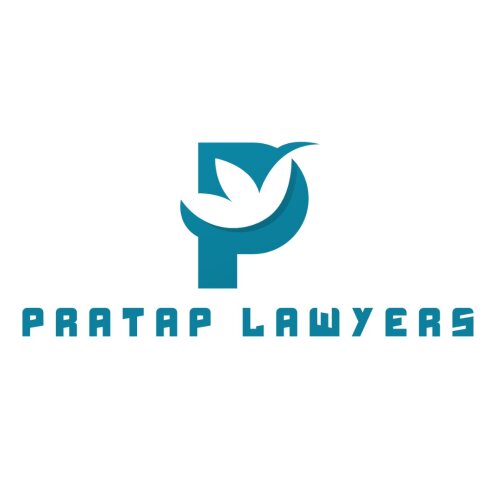Best Class Action Lawyers in Fiji
Share your needs with us, get contacted by law firms.
Free. Takes 2 min.
Or refine your search by selecting a city:
List of the best lawyers in Fiji
About Class Action Law in Fiji
Class action law in Fiji allows a group of people with similar legal claims to bring a joint action against a common defendant. This type of lawsuit can help individuals who have suffered harm but may not have the resources to pursue legal action on their own. Class actions in Fiji are governed by specific rules and procedures to ensure fair treatment for all parties involved.
Why You May Need a Lawyer
You may need a lawyer in a class action lawsuit in Fiji if you have been harmed or suffered losses as part of a larger group. A lawyer can help you understand your rights, navigate the legal process, and advocate on your behalf to ensure you receive fair compensation for your damages. Without legal representation, you may risk not receiving the full benefits or compensation you are entitled to in a class action lawsuit.
Local Laws Overview
In Fiji, class action laws are designed to protect the rights of consumers, employees, and other individuals who have been harmed by the actions of a company or organization. The legal system in Fiji allows for class action lawsuits to be filed in cases of consumer fraud, product liability, discrimination, and other similar issues. It is important to consult with a legal professional who is well-versed in Fiji's laws and regulations regarding class actions to ensure your rights are protected.
Frequently Asked Questions
1. What is a class action lawsuit?
A class action lawsuit is a legal action brought by a group of individuals who have suffered similar harm or losses caused by a common defendant. This type of lawsuit allows for more efficient resolution of legal claims and provides a way for individuals to seek compensation for their damages collectively.
2. Who can file a class action lawsuit in Fiji?
In Fiji, any group of individuals who have suffered harm or losses as a result of a common issue can file a class action lawsuit. This can include consumers, employees, shareholders, and other affected parties.
3. What are the benefits of a class action lawsuit?
Class action lawsuits can provide several benefits, including cost-effectiveness, efficiency, and a stronger negotiating position against a powerful defendant. By banding together in a class action, individuals can seek justice and compensation for their damages without having to pursue individual legal claims.
4. How do I know if I qualify to be part of a class action lawsuit?
If you have suffered harm or losses that are similar to those of others and are related to a common issue, you may qualify to be part of a class action lawsuit. Consulting with a legal professional who is experienced in class action law in Fiji can help you determine your eligibility.
5. What types of cases are eligible for class action lawsuits in Fiji?
In Fiji, class action lawsuits can be filed in cases involving consumer fraud, product liability, securities fraud, discrimination, and other similar issues where a group of individuals has been harmed by a common defendant.
6. What are the potential outcomes of a class action lawsuit in Fiji?
The potential outcomes of a class action lawsuit in Fiji can include monetary compensation for damages, injunctive relief to prevent future harm, and changes in company policies or practices to benefit affected individuals. The specific outcomes will vary depending on the nature of the case and the court's determination.
7. How long does a class action lawsuit in Fiji typically take to resolve?
The timeline for resolving a class action lawsuit in Fiji can vary depending on the complexity of the case, the number of parties involved, and other factors. Some class actions may be resolved relatively quickly, while others may take several years to reach a final resolution.
8. What are the costs associated with filing a class action lawsuit in Fiji?
In Fiji, class action lawsuits are typically handled on a contingency fee basis, meaning that the lawyer's fees are contingent upon the outcome of the case. This allows individuals to pursue legal claims without having to pay upfront legal fees. However, there may be other costs associated with filing a class action, such as court fees and expert witness fees, which your lawyer can advise you on.
9. Can I opt out of a class action lawsuit in Fiji?
In Fiji, individuals who are part of a class action lawsuit are generally bound by the court's decision unless they choose to opt out of the class. Opting out means that you will not be eligible to receive any benefits or compensation awarded in the case, but you will also not be bound by the court's decision. It is important to carefully consider the implications of opting out before making a decision.
10. How can I find a lawyer to help me with a class action lawsuit in Fiji?
If you are in need of legal assistance for a class action lawsuit in Fiji, you can start by researching law firms and lawyers who specialize in class action law. It is important to find a lawyer who has experience in handling class action cases and is familiar with the local laws and procedures in Fiji. You can also seek recommendations from friends, family, or other trusted sources who may have worked with a lawyer on a similar case.
Additional Resources
For additional resources and information on class action law in Fiji, you can contact the Fiji Law Society, the Fijian Judicial Department, or other legal organizations that specialize in class action cases. These resources can provide valuable guidance and support as you navigate the legal process.
Next Steps
If you believe you have a potential class action claim in Fiji and are in need of legal assistance, your next step should be to consult with a qualified lawyer who can evaluate your case and advise you on the best course of action. Taking prompt legal action can help protect your rights and maximize your chances of receiving fair compensation for your damages.
Lawzana helps you find the best lawyers and law firms in Fiji through a curated and pre-screened list of qualified legal professionals. Our platform offers rankings and detailed profiles of attorneys and law firms, allowing you to compare based on practice areas, including Class Action, experience, and client feedback.
Each profile includes a description of the firm's areas of practice, client reviews, team members and partners, year of establishment, spoken languages, office locations, contact information, social media presence, and any published articles or resources. Most firms on our platform speak English and are experienced in both local and international legal matters.
Get a quote from top-rated law firms in Fiji — quickly, securely, and without unnecessary hassle.
Disclaimer:
The information provided on this page is for general informational purposes only and does not constitute legal advice. While we strive to ensure the accuracy and relevance of the content, legal information may change over time, and interpretations of the law can vary. You should always consult with a qualified legal professional for advice specific to your situation.
We disclaim all liability for actions taken or not taken based on the content of this page. If you believe any information is incorrect or outdated, please contact us, and we will review and update it where appropriate.
Browse class action law firms by city in Fiji
Refine your search by selecting a city.














